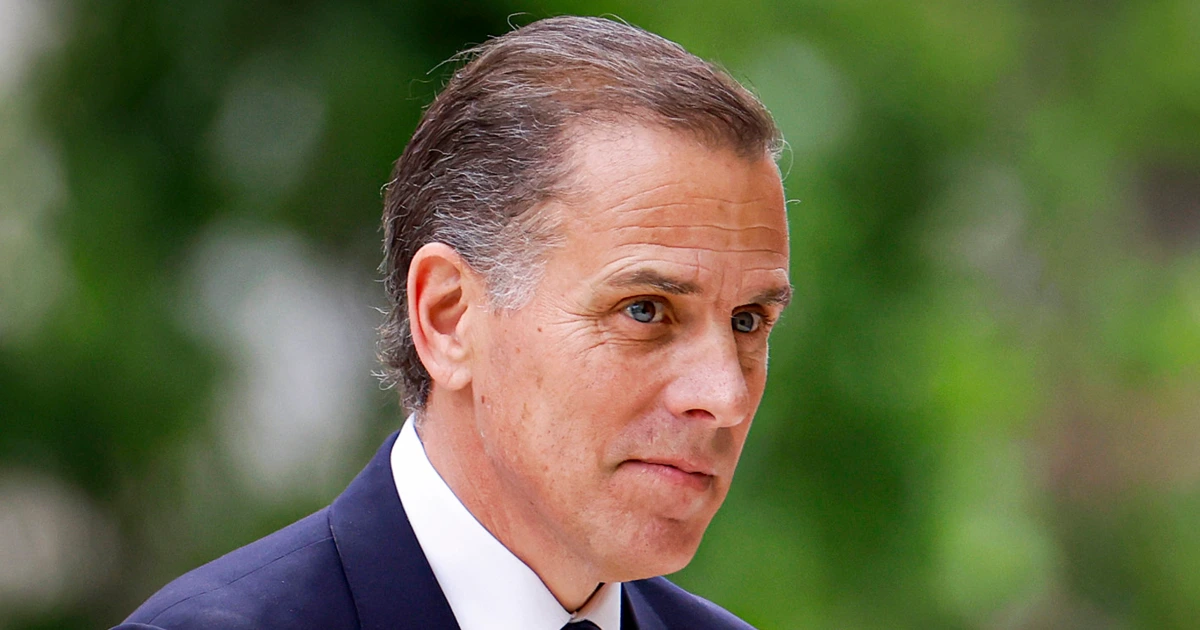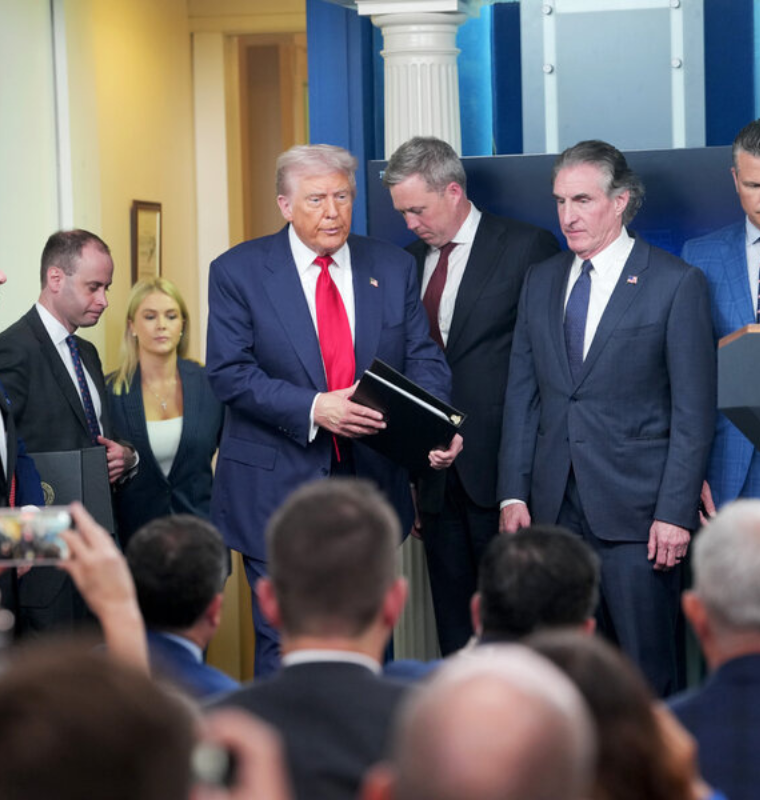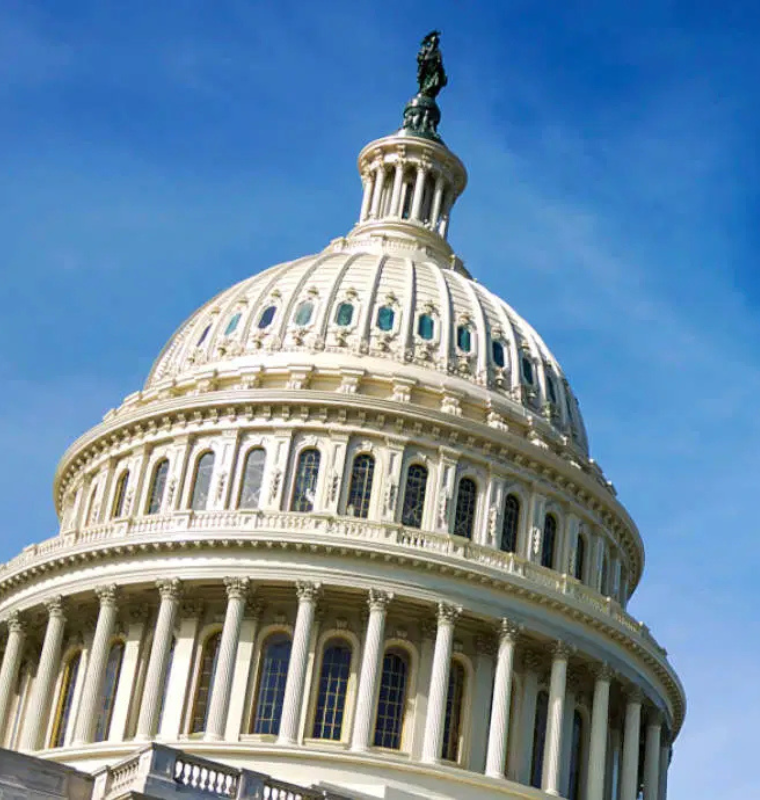Hunter Biden Says Ambien Played Role in President Biden’s Debate Struggles Against Trump
Hunter Biden Says Ambien Played Role in President Biden’s Debate Struggles Against Trump
By
Leah Rosenfeld
Last updated:
July 22, 2025
First Published:
August 6, 2025

Photo: NBC News
Hunter Biden Suggests Sleep Aid Affected Debate Performance
In a candid interview released Monday, Hunter Biden offered a striking explanation for his father’s widely criticized performance during the June 2024 presidential debate against Donald Trump. According to Hunter, then-President Joe Biden, 81 at the time, had been taking Ambien, a prescription sleep aid, to manage sleep while traveling internationally in the days leading up to the event.
“He was flying all over the world. He’s exhausted, they give him Ambien so he can rest, and then he steps onto that stage and looks completely lost,” Hunter Biden told independent journalist Andrew Callaghan. The interview, which runs over an hour, was released on the one-year anniversary of Joe Biden’s withdrawal from the presidential race.
A Debate That Changed the Election
President Biden’s live debate performance in June 2024 was seen as a turning point in the election cycle. He appeared unfocused, at times incoherent, and struggled to project energy or clarity. Viewers and political analysts alike described the scene as “painful” and “concerning.” His voice was raspy, his delivery slow, and his answers often trailed off mid-thought.
At the time, Biden’s campaign attributed his voice issues to a “cold,” while the president himself later admitted that a packed travel schedule had left him physically drained. However, this is the first time anyone close to Biden has publicly linked his condition to the use of Ambien, raising new questions about whether the medication could have contributed to his debate difficulties.
In the month prior to the debate, Biden had taken two international trips to Europe, including one to France for D-Day commemorations and another for a G7 summit. Despite returning to Washington nearly two weeks before the debate, Hunter Biden claimed the lingering effects of his travel and medication still impacted his ability to perform.
Political Fallout and Investigation
Roughly six weeks after the debate, President Biden announced his decision to withdraw from the 2024 race, endorsing Vice President Kamala Harris as the new Democratic nominee. The abrupt move shocked many within his party but was seen by some as a necessary pivot to maintain electoral viability.
Now, Hunter Biden’s comments are expected to fuel a Republican-led investigation into President Biden’s cognitive health during his final year in office. The House Oversight Committee has already called three high-level White House aides to testify behind closed doors:
- Annie Tomasini, Deputy Chief of Staff
- Anthony Bernal, Chief of Staff to former First Lady Jill Biden
- Dr. Kevin O’Connor, Biden’s White House physician
All three have invoked their Fifth Amendment rights, declining to answer questions on the grounds that their testimony could be self-incriminating. Legal experts note that this is not unusual in politically sensitive investigations, citing similar behavior during Democratic-led inquiries into the January 6 Capitol attack, where over two dozen witnesses declined to testify.
The Ambien Factor: What Experts Say
Ambien, also known by its generic name zolpidem, is a commonly prescribed sedative for short-term insomnia. While effective at promoting sleep, it can cause drowsiness, cognitive fog, memory issues, and disorientation, especially when used during periods of jet lag or intense stress.
“Ambien is not typically recommended for elderly individuals unless carefully monitored,” said Dr. Carla Emerson, a geriatric pharmacologist. “Its side effects can linger, especially if combined with travel fatigue or irregular sleep patterns.”
The FDA warns that Ambien’s impairing effects can last into the next day, particularly in older adults. Whether the medication had a measurable effect on Biden’s debate performance is speculative, but Hunter Biden’s comments have opened the door to deeper scrutiny.
Final Thoughts: A Debate That Still Echoes
What began as a single poor performance has since rippled across the political landscape. From President Biden’s withdrawal from the race to the mounting investigations into his cognitive health, the June 2024 debate continues to cast a long shadow.
Now, with Hunter Biden offering a new layer to the narrative—one involving travel, exhaustion, and pharmaceutical intervention—Republican critics and independent observers alike will likely revisit the debate’s broader implications.
Whether the Ambien claim alters public perception or simply adds to the controversy remains to be seen. But one thing is certain: this chapter of presidential history is far from closed.
Popular articles
Subscribe to unlock premium content
Disney’s Timeless Magic and How the Entertainment Giant Continues to Shape Culture and Innovation

Imran Khan’s Economic Missteps Amid Political Chaos in Pakistan

The Philippines’ Digital Shift How Remittances and BPO Are Fueling Growth

Disney’s Timeless Magic and How the Entertainment Giant Continues to Shape Culture and Innovation

Imran Khan’s Economic Missteps Amid Political Chaos in Pakistan

Disney’s Timeless Magic and How the Entertainment Giant Continues to Shape Culture and Innovation









